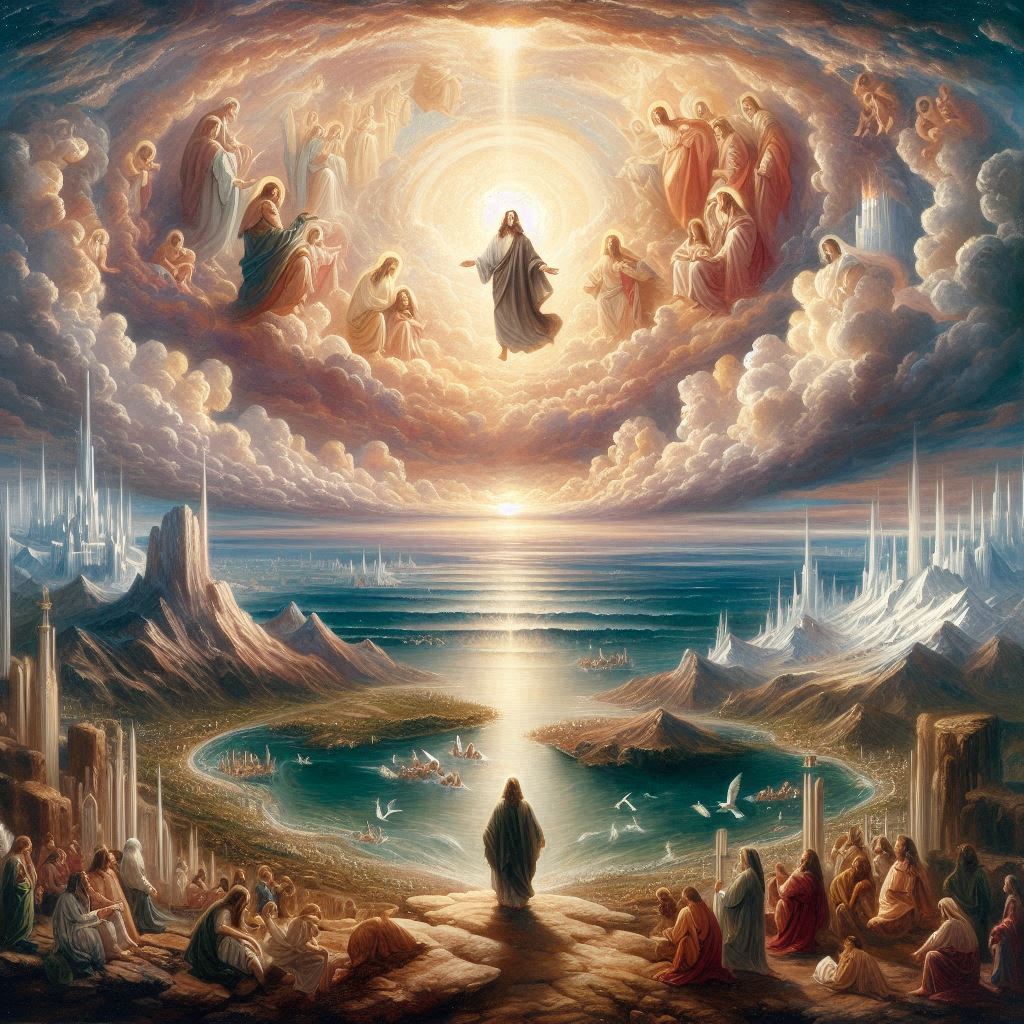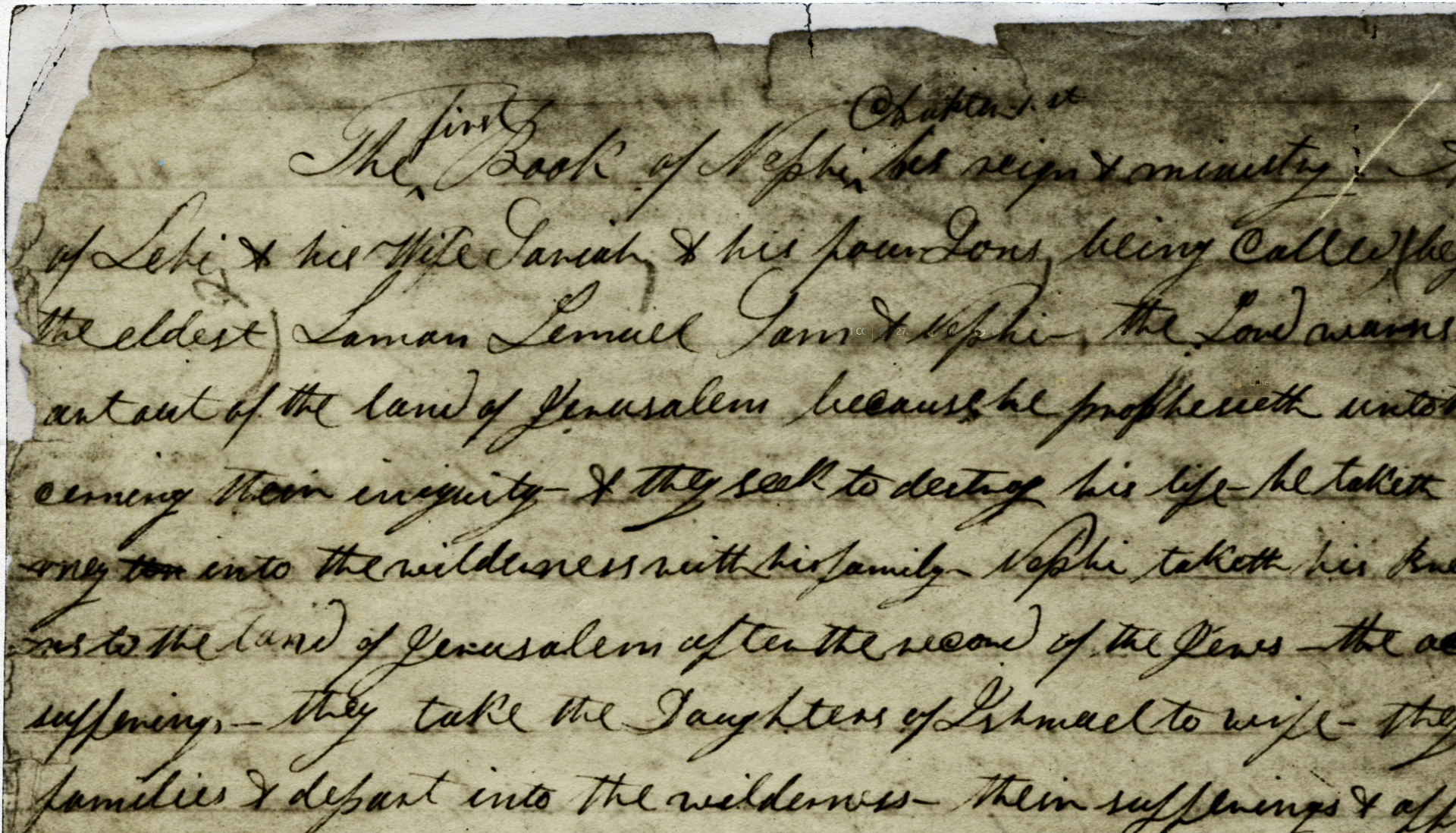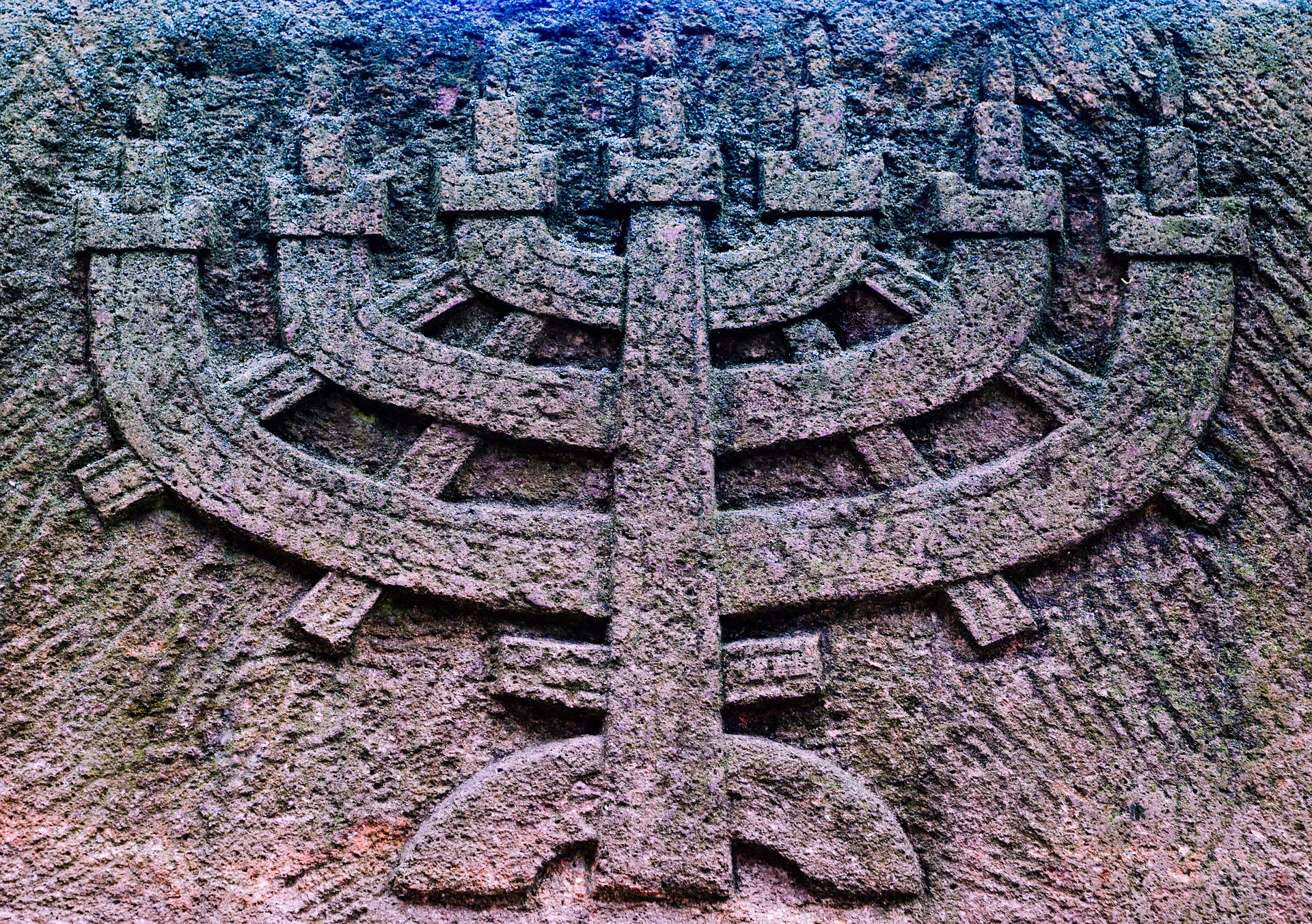Breaking Fear through Faith
“Be strong and of a good courage, fear not, nor be afraid of them: for the LORD thy God, he it is that doth go with thee; he will not fail thee, nor forsake thee.” Deuteronomy 31:6
One of the stories my mother use to share about me from my childhood is one of my fear of the dark. I was probably about 2 years of age and apparently did not like sleeping alone. One night I asked my mother to stay with me, as I did not want to be alone. She told me I was never alone, Jesus was always with me. I am told I responded with, “but I want someone with skin on them!”
A Shared Sense of Purpose
To be successful, faith communities typically create a shared sense of purpose and unity through worship and devotion. In the Fellowship of Christ, our goal is to ensure that all members of the community feel included and valued, regardless of their background or beliefs. This means that standardized forms of worship and devotion will not always be used. Each congregation will find what works best for them. And what works for them should not get locked down as if written in stone. They should work to offer a variety of worship styles and programs that cater to different local interests and needs, always evolving and moving forward.
This can become problematic as there may be those who do not want to support every type of service. It becomes important then to encourage regular attendance to help to build a sense of collective identity and belonging, so that no one left out, and none left behind.
What is Sin?
“By the deeds of the law there shall no flesh be justified in his sight: for by the law is the knowledge of sin. But now the righteousness of God without the law is manifested, being witnessed by the law and the prophets; even the righteousness of God which is by faith of Jesus Christ unto all and upon all them that believe: for there is no difference: for all have sinned, and come short of the glory of God.” -Romans 3:20-23
We have been told to abandon sin, to forsake sin, and not to sin. But what is sin? What does it mean to sin? And once we know, how do we avoid it?
Kabbalah and the Spiritual Path
One question I am often asked is how one can strengthen their relationship with God, particularly during periods of doubt or when one is feeling disconnected from God. As a Mormon Kabbalist, I generally endorse Kabbalistic principles. Kabbalah is the mystical arm of Judaism. Like Mormonism, it seeks to understand the truth of God and the universe. It incorporates a variety of spiritual practices, including prayers, meditation, and scripture. The idea is that anyone can achieve greater spiritual awareness and connection with the divine. Like Mormonism, Kabbalah places a strong emphasis on personal revelation and direct communication with God.
The Gospel of Jesus Christ
‘Elder Pelatiah Brown, one of the wisest old heads we have among us… was hauled up for trial before the High Council. I did not like the old man being called up for erring in doctrine; it looks too much like the Methodists, and not like the Latter Day Saints. Methodists have creeds which a man must believe or be kicked out of their church. I want the liberty of thinking and believing as I please; it feels so good not to be trammeled.” Joseph Smith Jr. History, 1838–1856 pg. 1522
As a nondenominational movement, our focus is on the divinity of Jesus Christ as our personal Savior. We believe that God meets us where we are and, being infinite, reveals that divine nature to us, finite beings, in a way we can understand on a personal level. This means that each individual will define the nature of God in their own way. What unites us in the Fellowship of Christ is our love and discipleship in Jesus.
As Above So Below
 “As above, so below; as below, so above.” This statement is found on the Plates of Brass in the headings of Chapters 3 and 4 of 1 Moses, which leads us to ask: What does this mean, and how is it relevant to us today? I have spent considerable time pondering this idea and would like to share my thoughts.
“As above, so below; as below, so above.” This statement is found on the Plates of Brass in the headings of Chapters 3 and 4 of 1 Moses, which leads us to ask: What does this mean, and how is it relevant to us today? I have spent considerable time pondering this idea and would like to share my thoughts.
Revelation on the Tent of the Presence
David was asked to pray on building a Tent of the Presence before building a temple or a tabernacle. After much prayer and meditation, the following was received on July 8, 2024, in New York state.
The Word of Wisdom
“A Word of Wisdom, for the benefit of the council of high priests, assembled in Kirtland, and the church, and also the saints in Zion; to be sent greeting, not by commandment or constraint, but by revelation and the word of wisdom…” -Doctrines of the Saints 58:1-2
Section 58 of the Doctrines of the Saints is known as the Word of Wisdom and is an interesting doctrine of all Latter Day Saints and Mormons that accept some form of the Doctrine and Covenants share. While we all enjoy the blessing of the revelation, it seems that each sect interprets it very differently. What does the Fellowship do with it?
When to Forgive
“Then came Peter to him, and said” Lord, how oft shall my brother sin against me, and I forgive him? till seven times? And Jesus saith unto him: I say not unto thee, Until seven times: but, Until seventy times seven.” -Matthew 18:21-22
I was asked recently how much we should take when others push us? How much should we give when others only take? How much should we hurt and come back when others purposely or even go out of their way to hurt us?
Multiple Mortal Probations
Note: This article originally ran February 8, 2020.
“Thus are the five stages of man: Intelligence, Spirit, Flesh, Soul, and Resurrected Being; the final being all stages in one, a Morning Star—forever complete.” –Melchizedek 4:9
The Church of Jesus Christ in Christian Fellowship has no official position on gilgul (גלגול, Hebrew for “rolling”), past lives, reincarnation, or multiple mortal probations (or MMP). There are a number of views on these within the Latter Day Saint movement, from their necessity to reach the highest degrees of Heaven, to outright disdain. Here we will introduce you to some of these concepts as they relate to both the Latter Day Saint movement and Kabbalah. Please note that this is just an introduction. More study on these topics is encouraged.
Why I am a Mormon
“Mormonism is the pure doctrine of Jesus Christ; of which I myself am not ashamed.” – Joseph Smith Jr.
My name is David Ferriman, and I am a Mormon. What does that mean? The Latter Day Saint movement is very different from our sister Christian movements in that our view of Matthew 16:18, what the rock is that the Church will be built upon. The Church, of course, is you and me—all Christians.
The Record from the Plates of Brass
A portion of the records written upon the plates of brass contains a record of the Jews. A free PDF is now available as the work of translating the plates of brass moves forward.












